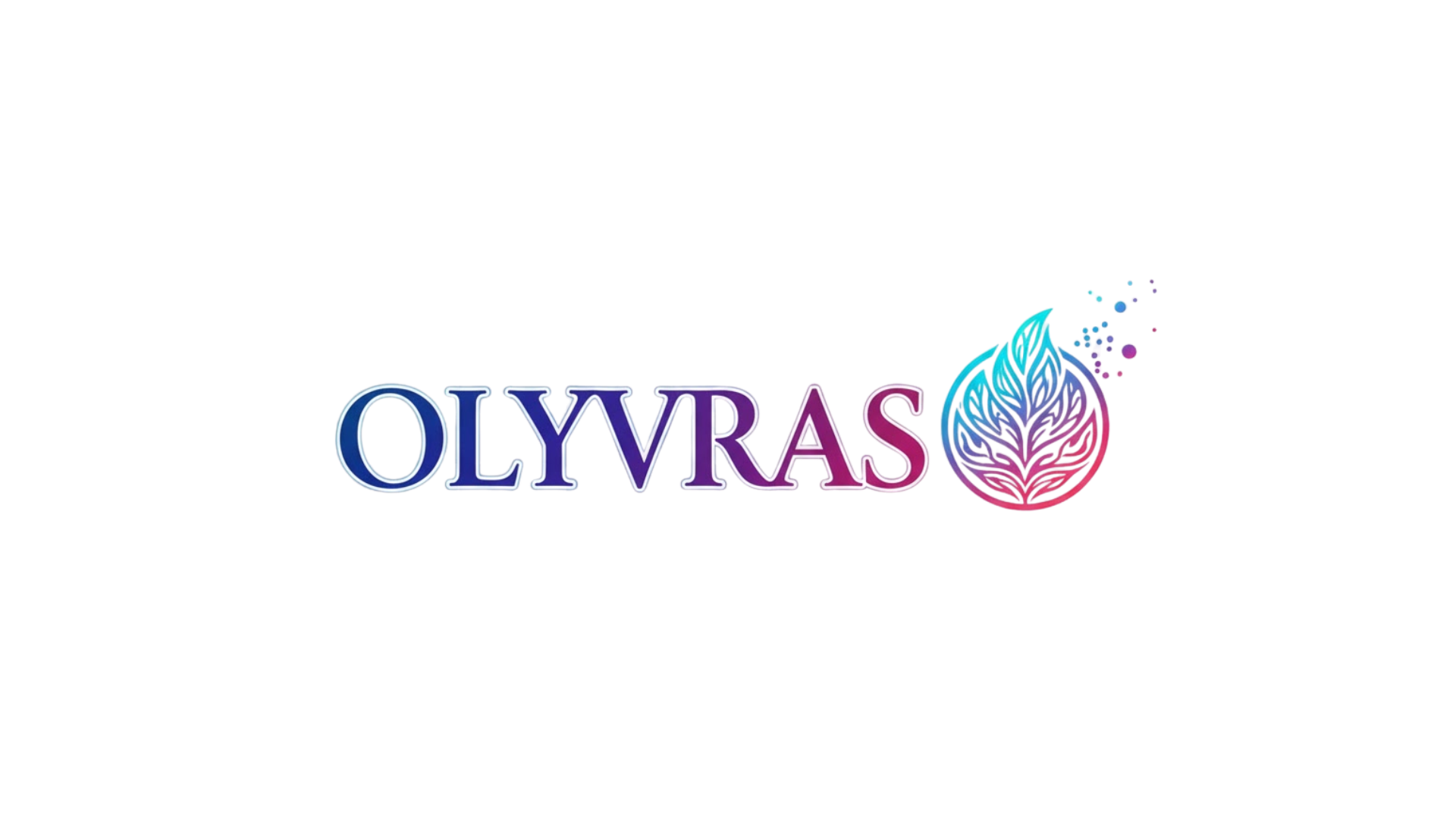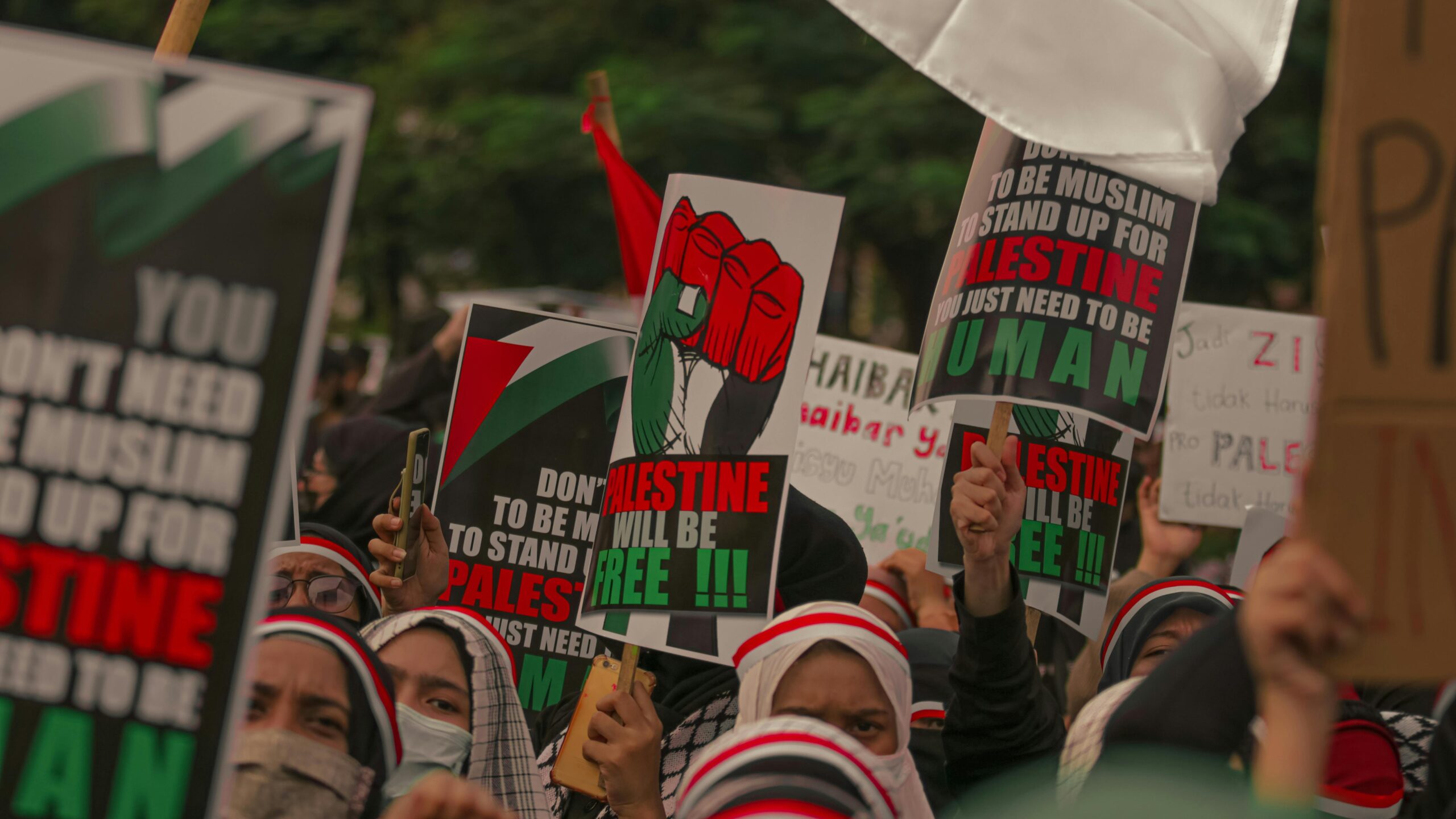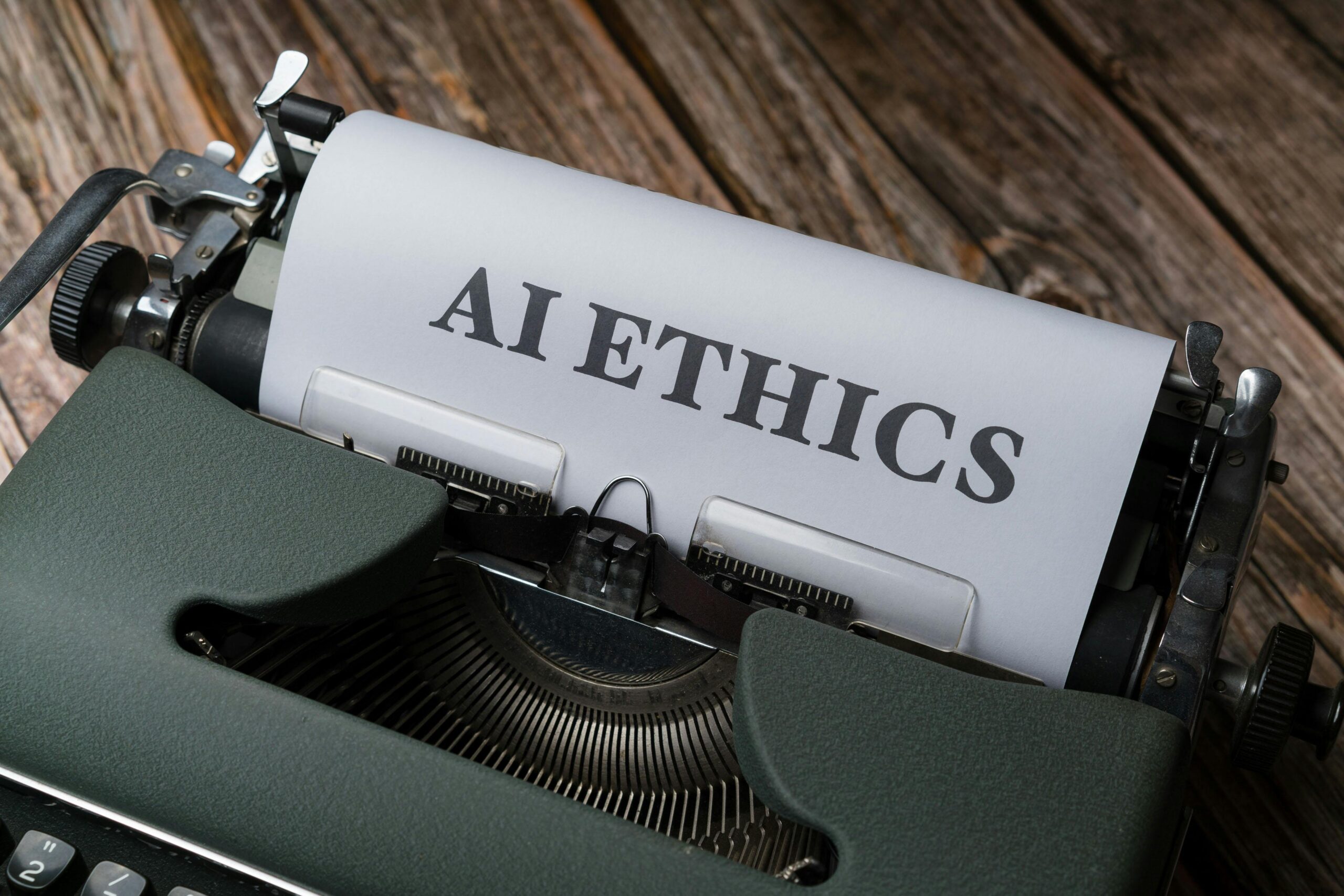Creating a fair and dignified workplace requires more than good intentions—it demands comprehensive policies, accountability, and a genuine commitment to protecting every worker’s fundamental rights.
🌍 Why Fair Labor Practices Matter Now More Than Ever
The modern workplace has undergone tremendous transformation over the past decade. Globalization, technological advancement, and shifting economic landscapes have redefined how we work, where we work, and what we expect from our employers. Yet amid these changes, one constant remains: the fundamental need to protect workers’ rights and dignity.
Fair labor practices aren’t just ethical imperatives—they’re business necessities. Organizations that prioritize worker welfare experience higher productivity, lower turnover rates, and stronger brand reputation. Conversely, companies that exploit workers face legal consequences, public backlash, and ultimately, business failure.
Today’s workforce is more informed and empowered than ever before. Social media amplifies labor violations instantly, consumers increasingly support ethical brands, and regulatory frameworks worldwide are strengthening worker protections. The question isn’t whether companies should implement fair labor practices, but how quickly they can adapt to these evolving expectations.
📋 Understanding Core Labor Rights and Protections
The foundation of fair labor practices rests on internationally recognized human rights principles. The International Labour Organization (ILO) has established fundamental conventions that define worker rights globally, creating a baseline that transcends borders and cultures.
Freedom of Association and Collective Bargaining
Workers possess the inherent right to organize, form unions, and negotiate collectively with employers. This freedom enables employees to address workplace concerns without fear of retaliation. Effective collective bargaining creates balanced power dynamics, ensuring that management decisions consider worker perspectives and needs.
Organizations committed to fair practices actively facilitate union formation, maintain open dialogue with worker representatives, and negotiate in good faith. They recognize that strong labor relations benefit everyone—workers gain voice and protection, while employers benefit from engaged, committed employees.
Elimination of Forced and Child Labor
Every supply chain must be free from forced labor, human trafficking, and child exploitation. These practices represent severe human rights violations that no economic justification can excuse. Companies bear responsibility not just for their direct employees, but for workers throughout their entire supply network.
Due diligence requires rigorous supplier audits, transparent monitoring systems, and immediate corrective action when violations surface. Progressive organizations implement third-party verification, support remediation programs, and collaborate with NGOs to address systemic issues in vulnerable regions.
Workplace Non-Discrimination
Discrimination based on race, gender, religion, nationality, disability, sexual orientation, or any other protected characteristic has no place in modern workplaces. Equal opportunity principles demand fair treatment in hiring, compensation, advancement, and all employment conditions.
Meaningful non-discrimination policies extend beyond legal compliance to embrace genuine inclusion. This means addressing unconscious bias, ensuring diverse representation in leadership, accommodating different needs, and fostering cultures where every individual can thrive authentically.
💼 Building Comprehensive Human Rights Policies
Effective human rights policies transform abstract principles into concrete workplace realities. These documents serve as organizational blueprints, guiding decision-making and establishing accountability mechanisms that protect workers systematically.
Policy Development Framework
Creating robust human rights policies begins with stakeholder engagement. Successful organizations consult workers, unions, community representatives, and human rights experts during policy development. This inclusive approach ensures policies address real concerns and reflect diverse perspectives.
The policy should clearly articulate commitments, define scope (covering employees, contractors, and supply chain workers), establish implementation procedures, and specify enforcement mechanisms. Language must be accessible, avoiding legal jargon that obscures meaning. Translations ensure non-native speakers fully understand their rights and protections.
Essential Policy Components
Comprehensive human rights policies address multiple dimensions of worker welfare. Fair compensation standards guarantee living wages that enable workers to meet basic needs with dignity. Working hour limits prevent exploitation through excessive overtime and ensure adequate rest periods.
Health and safety protocols protect workers from physical harm, occupational diseases, and psychological stress. Grievance mechanisms provide confidential channels for reporting violations without fear of retaliation. Clear disciplinary procedures ensure fair treatment when addressing performance or conduct issues.
Privacy protections safeguard personal information and prevent invasive surveillance. Anti-harassment policies create safe environments free from bullying, sexual harassment, and abuse. Termination procedures guarantee due process and severance protections.
🛠️ Implementing Fair Labor Standards in Daily Operations
Policies remain meaningless without effective implementation. Translating commitments into practice requires dedicated resources, management accountability, and continuous monitoring systems that identify and address gaps proactively.
Leadership Commitment and Accountability
Fair labor practices must originate from top leadership and permeate every organizational level. Executives should publicly champion worker rights, allocate sufficient budgets for implementation, and integrate labor standards into performance evaluations for managers.
Accountability structures ensure consequences for violations. This includes transparent reporting on labor metrics, independent audits of practices, and remediation when standards fall short. Leaders who tolerate exploitation—directly or through willful ignorance—undermine entire systems regardless of written policies.
Training and Capacity Building
Every organizational member needs understanding of human rights policies and their role in upholding them. Comprehensive training programs educate managers on fair treatment practices, help HR personnel identify violations, and empower workers to recognize and report abuses.
Training should be ongoing rather than one-time, adapting to emerging issues and incorporating lessons from past incidents. Interactive formats—workshops, case studies, role-playing—prove more effective than passive presentations. Regular refreshers reinforce key concepts and demonstrate sustained commitment.
Monitoring and Auditing Systems
Robust monitoring detects problems before they escalate. Internal audits assess compliance with labor standards, examining payroll records, working hours data, safety incident reports, and grievance logs. External audits by independent organizations provide objective assessments and enhance credibility.
Worker surveys capture experiences that formal audits might miss. Anonymous feedback mechanisms encourage honest reporting about workplace conditions, management behavior, and policy effectiveness. Progressive organizations act swiftly on survey findings, demonstrating that worker input drives meaningful change.
⚖️ Addressing Wage Justice and Economic Security
Fair compensation represents perhaps the most fundamental labor right. Workers deserve wages that reflect their contributions, meet living costs, and provide economic dignity. Yet wage theft and inadequate compensation remain widespread problems affecting millions globally.
Living Wage Standards
Minimum wage laws often fall short of actual living costs. Ethical employers calculate living wages based on regional costs for housing, food, healthcare, education, and other necessities. These calculations consider family size and local economic conditions rather than arbitrary governmental minimums.
Transitioning to living wages may require phased implementation, but the commitment itself signals respect for worker welfare. Companies can offset costs through efficiency improvements, modest price adjustments, and reductions in turnover-related expenses that living wages typically generate.
Pay Equity and Transparency
Compensation systems must eliminate gender and demographic pay gaps. Regular equity audits identify disparities, and prompt adjustments correct imbalances. Transparent salary bands help workers understand compensation logic and recognize discriminatory patterns.
Performance-based pay should rely on objective, measurable criteria rather than subjective manager preferences that introduce bias. Clear advancement pathways enable workers to understand how they can increase earnings through skill development and contributions.
🏥 Prioritizing Worker Health, Safety and Wellbeing
Workplace safety extends beyond accident prevention to encompass holistic wellbeing. Progressive organizations recognize that healthy, supported workers are more productive, creative, and committed to organizational success.
Physical Safety Standards
Every workplace must meet rigorous safety standards that protect workers from injury, illness, and death. This requires proper equipment maintenance, protective gear provision, hazard identification protocols, and emergency response procedures. Safety concerns should halt operations immediately until risks are mitigated.
High-risk industries demand especially stringent protections. Construction, manufacturing, agriculture, and mining operations must implement comprehensive safety management systems with regular inspections, incident investigations, and continuous improvement processes. Worker safety committees enable peer monitoring and safety culture development.
Mental Health and Psychosocial Support
Mental health carries equal importance to physical safety. Workplace stress, harassment, and toxic cultures inflict serious psychological harm. Employers should provide mental health resources, including counseling services, stress management programs, and supportive leave policies.
Workload management prevents burnout through reasonable expectations, adequate staffing, and respect for work-life boundaries. Flexible arrangements accommodate diverse needs, recognizing that rigid structures disadvantage workers with caregiving responsibilities, disabilities, or other constraints.
📱 Leveraging Technology for Worker Protection
Digital tools can strengthen labor protections when implemented thoughtfully. Technology enables transparent communication, efficient grievance reporting, and real-time monitoring of working conditions. However, the same tools can enable invasive surveillance and algorithmic management that diminishes worker autonomy.
Digital Grievance Mechanisms
Mobile applications and secure online platforms allow workers to report violations confidentially and track case resolution. These systems reduce barriers to reporting, especially in environments where face-to-face complaints feel risky. Anonymous reporting options encourage disclosure of sensitive issues like harassment or discrimination.
Effective digital grievance systems provide confirmation receipts, regular status updates, and transparent resolution timelines. They integrate with case management workflows that ensure consistent, timely responses. Data analytics identify patterns suggesting systemic problems requiring policy-level interventions.
Ethical Considerations in Workplace Technology
Worker surveillance technology must respect privacy and dignity. Monitoring should serve legitimate safety or productivity purposes with clear limitations and worker notification. Algorithmic management systems that control scheduling, task assignment, or performance evaluation require transparency about how decisions are made.
Workers deserve input into technology deployment that affects their jobs. Consultation processes explore concerns, identify unintended consequences, and ensure human oversight of automated systems. Technology should empower rather than control, augmenting human judgment rather than replacing it.
🌐 Extending Protections Through Supply Chain Responsibility
Corporate responsibility extends beyond direct employees to encompass entire supply networks. Global supply chains often hide exploitation in lower tiers where oversight weakens. Ethical companies recognize that sourcing decisions have human consequences requiring active management.
Supplier Standards and Auditing
Supplier contracts should mandate labor standards compliance with verification requirements. Comprehensive audits assess wages, working hours, safety conditions, and worker treatment. Unannounced inspections prevent theatrical compliance that masks actual practices.
Audit findings should drive improvement rather than merely punishment. Capacity-building programs help suppliers develop management systems that sustain compliance. Long-term partnerships with fair pricing enable suppliers to implement better practices without economic distress.
Collaborative Industry Initiatives
Individual company efforts, while valuable, cannot solve systemic supply chain challenges alone. Industry collaborations pool resources for more effective monitoring, share best practices, and create leverage for demanding improvements from suppliers serving multiple buyers.
Multi-stakeholder initiatives bring together companies, unions, NGOs, and governments to address sector-specific challenges. These partnerships develop common standards, coordinate enforcement, and tackle root causes like poverty wages or weak regulatory environments that enable exploitation.
🚀 Creating Culture Change That Sustains Fair Practices
Policies and systems provide structure, but lasting change requires cultural transformation. Organizations must cultivate values, norms, and behaviors that genuinely respect worker dignity in every interaction and decision.
Values Integration and Leadership Modeling
Fair labor values must integrate into organizational DNA rather than existing as separate compliance functions. This means incorporating worker rights considerations into strategy discussions, product development, financial planning, and all business decisions.
Leaders model desired behaviors through their own actions. Executives who engage respectfully with frontline workers, respond seriously to grievances, and sacrifice short-term profits for ethical standards demonstrate that commitments are genuine rather than performative.
Worker Voice and Participation
Meaningful worker participation transforms employment relationships from hierarchical control to collaborative partnership. Worker committees, regular town halls, and participatory decision-making processes ensure employee perspectives shape workplace policies and practices.
This participation extends to governance levels where feasible. Worker representation on boards, profit-sharing arrangements, and employee ownership structures align interests and distribute power more equitably. Such arrangements recognize workers as stakeholders whose contributions merit ongoing participation in organizational success.

💡 Moving Forward: Your Role in Advancing Worker Rights
Progress toward fair labor practices requires action from everyone—employers, workers, consumers, investors, and policymakers. Each stakeholder group possesses unique leverage to demand and support better treatment of workers globally.
Employers can conduct honest assessments of current practices, engage workers in identifying improvements, invest in compliance systems, and join industry initiatives advancing labor standards. Workers can organize collectively, document violations, utilize available grievance mechanisms, and support peers facing retaliation.
Consumers wield purchasing power to reward ethical companies and pressure exploitative ones. Investor activism increasingly demands corporate accountability on labor practices, recognizing that worker exploitation creates financial, legal, and reputational risks. Policymakers can strengthen regulations, enhance enforcement, and support international cooperation on cross-border labor issues.
The path toward universal fair labor practices remains long, with persistent violations and emerging challenges. Yet progress continues through sustained commitment from those who recognize that worker dignity cannot be sacrificed for profit. Every policy improved, every violation remedied, and every worker empowered represents meaningful advancement toward workplaces that honor human rights and human potential.
Building fair workplaces isn’t merely about avoiding harm—it’s about creating environments where people flourish, contribute meaningfully, and share equitably in the value they create. This vision requires persistent effort, but the moral and practical imperatives could not be clearer. The future of work must be fair, dignified, and just for everyone.
Toni Santos is a global-policy researcher and ethical-innovation writer exploring how business, society and governance interconnect in the age of interdependence. Through his studies on corporate responsibility, fair trade economics and social impact strategies, Toni examines how equitable systems emerge from design, policy and shared vision. Passionate about systemic change, impact-driven leadership and transformative policy, Toni focuses on how global cooperation and meaningful economy can shift the scenario of globalization toward fairness and purpose. His work highlights the intersection of economics, ethics and innovation — guiding readers toward building structures that serve people and planet. Blending policy design, social strategy and ethical economy, Toni writes about the architecture of global systems — helping readers understand how responsibility, trade and impact intertwine in the world they inhabit. His work is a tribute to: The global commitment to equity, justice and shared prosperity The architecture of policy, business and social impact in a connected world The vision of globalization as cooperative, human-centred and regenerative Whether you are a strategist, policymaker or global thinker, Toni Santos invites you to explore ethical globalization — one policy, one model, one impact at a time.




